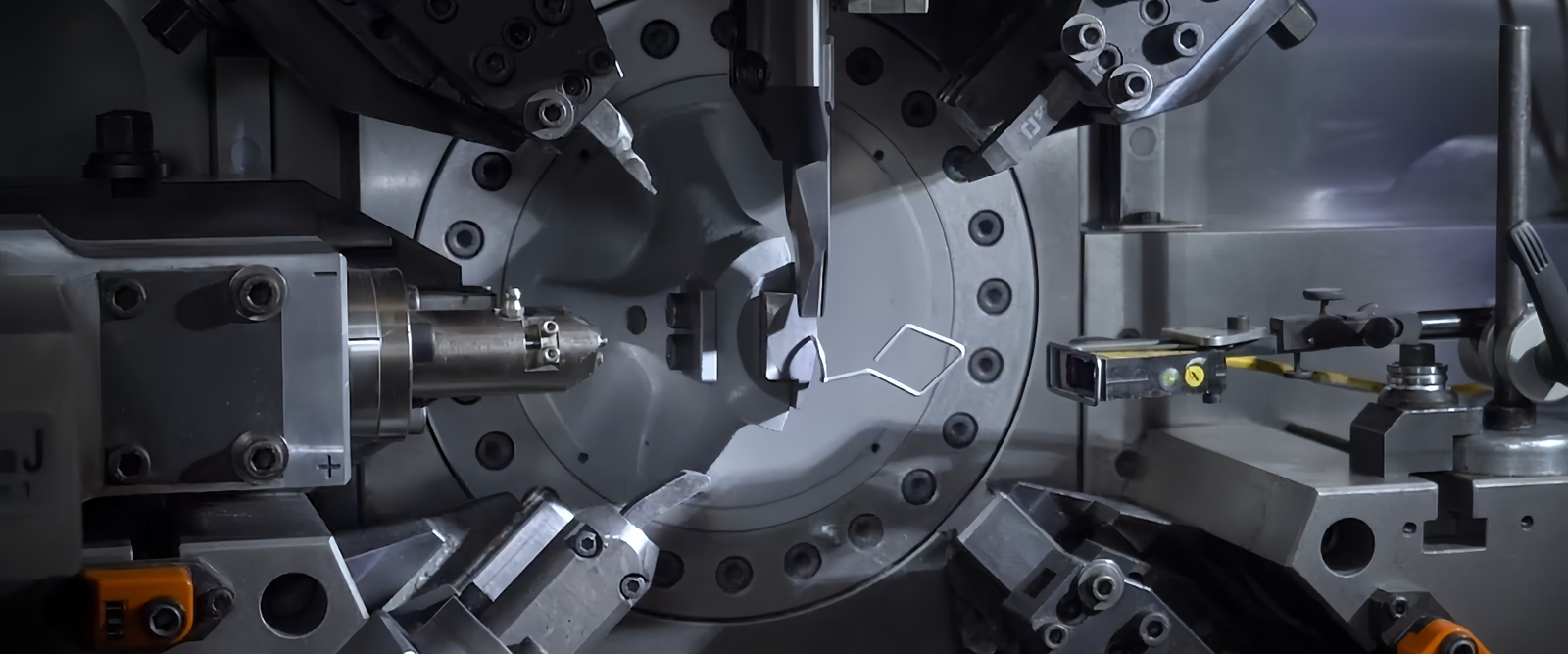In the world of industrial manufacturing, precision springs play a pivotal role. These small yet mighty components are essential in a variety of applications, from locking mechanisms to metering valves. Understanding the types of precision springs and their uses can greatly enhance the efficiency and reliability of manufacturing processes.
Precision springs are specialized mechanical devices designed to store and release energy. They are crafted with precision engineering to meet specific operational requirements in various industrial applications. These springs are crucial for providing tension, maintaining pressure, or ensuring proper alignment in machinery.
Types of Precision Springs
There are several types of precision springs used in industrial applications. Each type serves a distinct purpose and is engineered to meet specific demands.
Clamp Springs
Clamp springs are commonly used to hold components securely in place. Their design allows them to apply consistent pressure, making them ideal for clamping applications in manufacturing settings.
Lock Springs
Lock springs are integral to locking mechanisms. They provide the necessary force to keep locks engaged and are used in everything from door locks to industrial equipment.
Metering Valve Springs
Metering valve springs are used in fluid control systems. They ensure the proper flow of liquids or gases by applying consistent pressure within metering valves.
Applications of Precision Springs in Industrial Manufacturing
Precision springs are found across a wide range of industrial applications. Their versatility and reliability make them indispensable in manufacturing processes.
Trigger Springs
Trigger springs are crucial components in devices that require a quick and precise release of energy. They are commonly used in tools and machinery that require rapid response times.
Spout Springs
Spout springs are used in dispensing systems. They ensure smooth operation by maintaining pressure and controlling the flow of materials through spouts.
Chamber Return Springs
Chamber return springs are vital in mechanisms that require a return to a default position after operation. They are often used in pneumatic and hydraulic systems.
Choosing the Right Precision Spring
Selecting the appropriate precision spring for your industrial application involves several considerations. Understanding these factors can help ensure optimal performance and longevity.
Material Selection
The material of a spring affects its performance, durability, and resistance to environmental factors. Common materials include stainless steel, carbon steel, and exotic alloys, each offering different benefits.
Load Requirements
It is essential to determine the load requirements of your application. This includes understanding the force needed and the operating environment to select a spring that can withstand the demands.
Size and Configuration
The size and configuration of a spring must match the specific requirements of your machinery. Customization may be necessary to achieve the desired fit and function.
The Manufacturing Process of Precision Springs
The manufacturing process of precision springs involves several steps, each critical to ensuring the quality and performance of the final product.
Design and Engineering
The first step in manufacturing precision springs is design and engineering. This phase involves creating detailed specifications and prototypes to meet specific application needs.
Material Preparation
Once the design is finalized, the material is prepared. This involves selecting the appropriate metal and treating it to enhance its properties.
Coiling and Forming
The actual spring is created through coiling and forming processes. Advanced machinery is used to shape the material into the desired spring configuration.
Heat Treatment
Heat treatment is applied to improve the strength and flexibility of the springs. This process involves heating the springs to a specific temperature and then cooling them at a controlled rate.
Finishing and Quality Control
The final steps involve finishing and quality control. This includes inspecting each spring for defects and ensuring they meet the specified tolerances.
Conclusion
Precision springs are integral to the efficiency and reliability of industrial manufacturing processes. By understanding the types, applications, and manufacturing processes of these components, businesses can make informed decisions that enhance their operations. Whether you need clamp springs for secure holds or metering valve springs for precise fluid control, selecting the right spring can make all the difference in your industrial applications.
.png)



